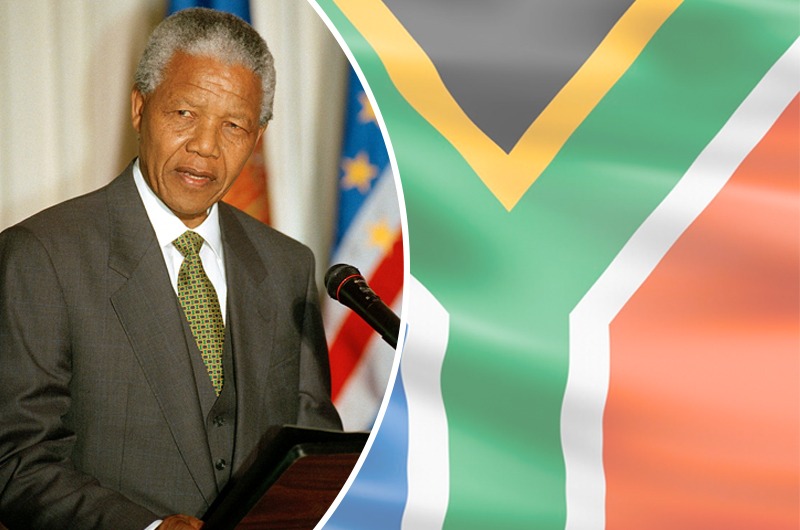On the occasion of the 102nd birth anniversary of Nelson Mandela, it is noteworthy to look into the life and teachings of Mandela, also known as Tata or Madiba. Mandela, who is often referred to as the ‘Gandhi of South Africa’, was born on 18th July in Durban, South Africa. The Nelson Mandela International Day is celebrated every year to shed light on the patrimony of a man who changed the 20th century, further helping shape the 21st century of South Africa. Mandela shared strong links and similarities with Mahatma Gandhi. Both were two different men from two different eras, but carried one indistinguishable dream. The dream was to achieve freedom for their countrymen. Mandela was deeply impacted by Gandhi’s notion of Satyagraha during his struggle to fight against Apartheid. “His philosophy contributed in no small measure to bringing about a peaceful transformation in South Africa and in healing the destructive human divisions that had been spawned by the abhorrent practice of apartheid,” said Mandela. Both Mandela and Gandhi, remained an intrinsic part of South Africa’s history. Mandela’s contribution in liberating people from apartheid and bringing peaceful transformation in the country remains remarkable in the history of Africa. He followed teachings of Gandhi and believed that “Gandhi’s political technique and elements of the non-violent philosophy developed during his stay in Johannesburg became the enduring legacy for the continuing struggle against racial discrimination in South Africa”.
After spending twenty-seven years behind bars, Mandela chose the land of Gandhi, as his first destination abroad in 1990. It was during this time that he was also conferred with Bharat Ratna – India’s highest civilian honour. Mandela was the first non-Indian recipient of Bharat Ratna, and this was even before he was conferred the Nobel Prize for Peace in 1993. While unveiling of the Gandhi Memorial in South Africa, Madiba said, “The Mahatma is an integral part part of our history because it is here that he first experimented with truth; here that he demonstrated his characteristic firmness in pursuit of justice; here that he developed Satyagraha as a philosophy and a method of struggle.”. For his peacemaking efforts, and as a strong follower of Gandhi’s teachings he was awarded the International Gandhi Peace Prize in 2001, by the Indian government.
Mandela during his long fight against Apartheid, was seen as a symbol for struggle against racial oppression and one of the most influential leaders in the anti-Apartheid movement. Mandela helped bring an end to Apartheid and was a global advocate for human rights in South Africa. For him, “in a world driven by violence and strife, Gandhi’s message of peace and non-violence holds the key to human survival in the 21st century”. Whenever Mandela visited India, he considered it a pilgrimage to the land of his political guru. Mandela has further said, “Gandhi’s political technique and elements of the nonviolent philosophy developed during his stay in Johannesburg became the enduring legacy for the continuing struggle against racial discrimination in South Africa”. Both Gandhi and Mandela, for their own people, went by another set of names – Gandhi was Bapu and Mandela was famously known as Tata. Both words mean ‘father’ as they were father figures to their nations. It is not an exaggeration to state that both Mandela and Gandhi were great leaders and their efforts to unite people of all classes and opposition to racism are respected and appreciated worldwide. The International Mandela Day, thus is a day to remind us of all his achievements in working towards conflict resolution and bringing peace in South Africa. The day hopes to inspire people to embrace values such as freedom, equality and democracy portrayed by Mandela.
Disclaimer: The views expressed are of the author(s) and do not reflect the official policy or position of Diplomacy and Beyond Plus. The publication is not liable for the views expressed by authors.









